
Are you looking forward to the rest, vacations, and leisurely days that come with retirement? While holidays and cruises are the expectation, the realities of retirement can often be starkly different. While it’s important not to deny yourself basic amenities, avoiding overindulgence is equally important, even for grocery shopping. Here are 15 grocery items retirees should reconsider to keep to their budget.
Imported Cheeses

Exotic cheeses from other countries come with a hefty price tag. While they can be a treat, local cheeses often offer similar flavors at a fraction of the cost. Opting for regional cheeses supports local businesses and saves money. It’s a win-win situation for both your wallet and your community. Save imported cheeses for special occasions rather than everyday consumption.
Out-of-Season Fruits
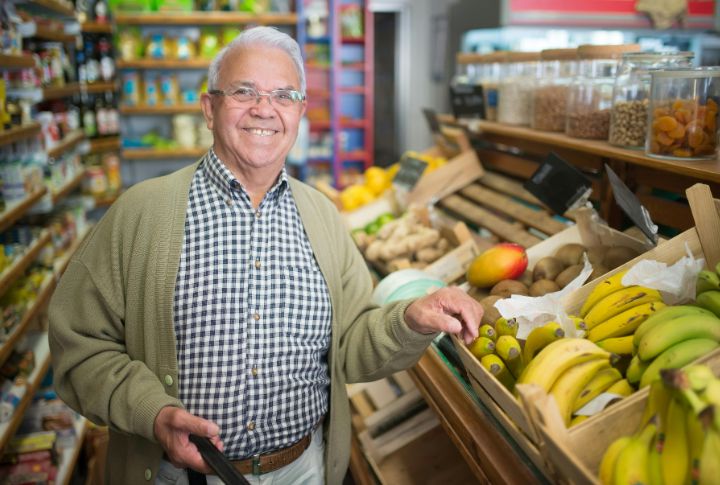
Buying fruits that are not in season can be surprisingly expensive. For example, strawberries in winter can cost significantly more than during their peak season. Eating seasonal fruits ensures you get the freshest produce at the best price. Besides, they often taste better when they are naturally ripe.
Gourmet Coffee
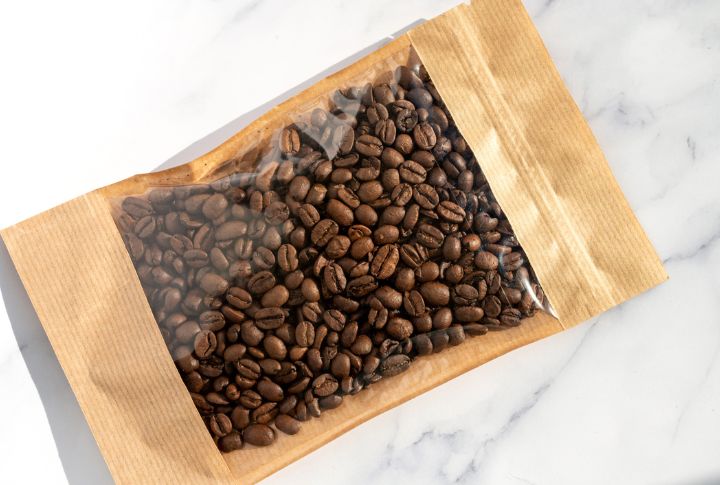
Specialty coffee blends from boutique roasters can drain your budget quickly. While they might offer unique flavors, standard brands often provide an excellent taste for much less. Always buy whole beans and grind them at home for a fresh cup. This compromise can lead to substantial savings over the years. Treat yourself to gourmet coffee occasionally rather than daily.
Pre-Cut Vegetables
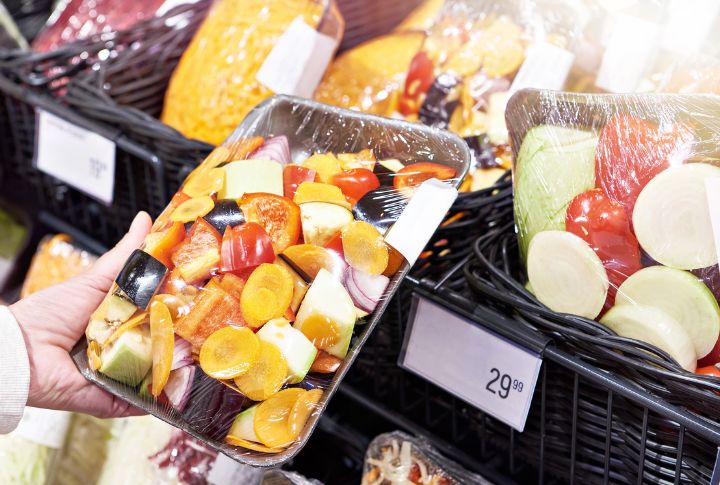
Convenience comes at a cost, and pre-cut vegetables are a prime example. These items are priced higher due to the labor involved in preparing them. Buying whole vegetables and chopping them can save a lot of money. Additionally, whole vegetables last longer, reducing waste.
Exotic Spices
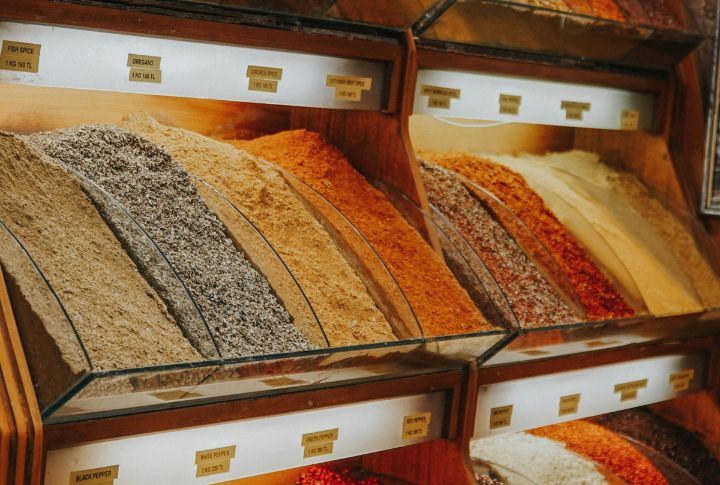
Originating from far-off lands, such spices can be tempting but are often overpriced. Local spice blends can provide similar flavors and are usually much cheaper. Moreover, buying spices in bulk can also cut costs. Exploring local markets for spices can uncover hidden gems at reasonable prices. Save the exotic spices for special recipes rather than everyday cooking.
Organic Produce
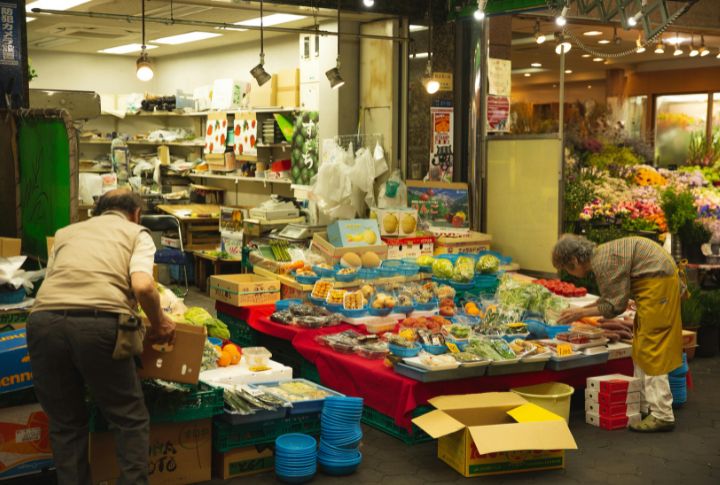
Organic fruits and vegetables can sometimes cost twice as much as their conventional counterparts. While they are often perceived as healthier, the price difference can strain a budget. Washing and peeling conventional produce can mitigate many concerns. Going organic makes little difference for some items, like avocados and bananas.
Bottled Water

Buying bottled water all the time can become an unnecessary expense. Investing in a good water filter for your home is a more economical choice. Tap water, once filtered, can be just as pure and safe. Moreover, it helps reduce plastic waste, benefiting the environment.
Name-Brand Snacks

Brand loyalty can cost you, especially with snacks. Many store-brand options are just as tasty and often significantly cheaper. Comparing ingredients can reveal minimal differences between brands. Try various store brands to find your new favorites, which will help you free funds for other necessities.
Specialty Baked Goods
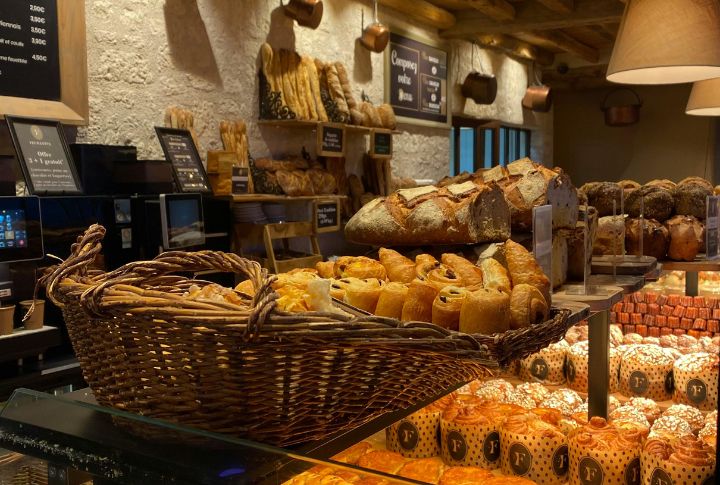
Artisan breads and pastries can be incredibly tempting but are expensive and unhealthy. Baking with family can be a fun and cost-effective alternative. Simple recipes can produce delicious results without breaking the bank. Home baking also allows you to control ingredients for healthier options.
Ready-Made Meals
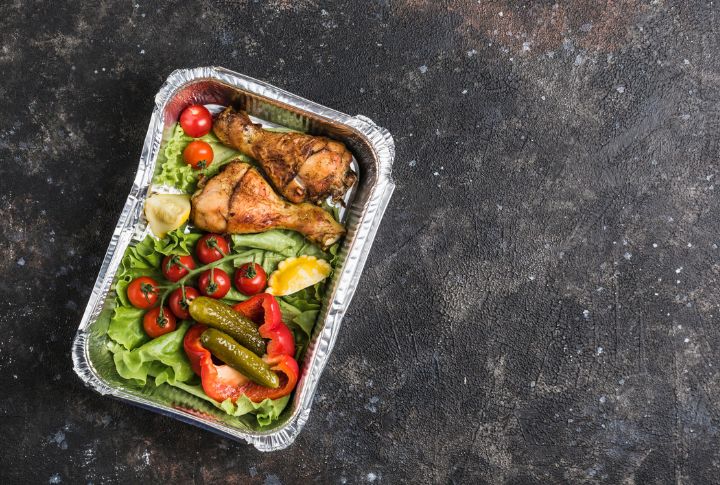
When you prepare meals from scratch, it not only saves money but is also healthier. Batch cooking and freezing meals can provide quick options without the high cost. Homemade meals give you control over ingredients and portions. Shift towards cooking at home to maintain both your health and budget.
Exotic Fruits
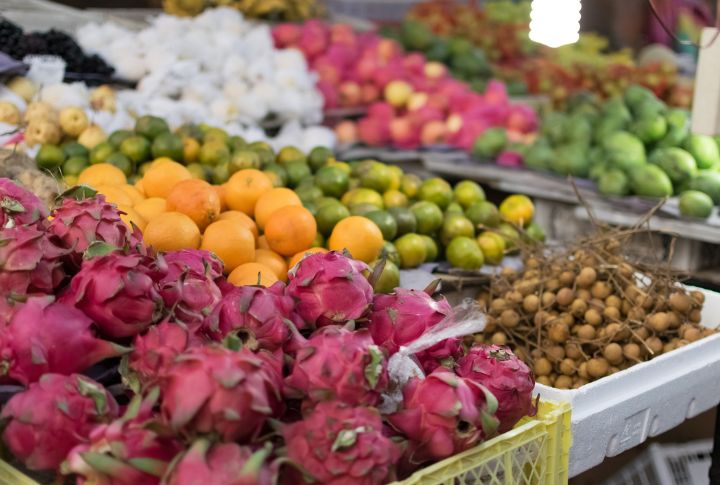
Fruits like dragon fruit and lychee can be pretty expensive. Local, seasonal fruits offer great taste and nutrition at a fraction of the cost. They are also fresher and often better for the environment. Enjoy exotic fruits occasionally as a special treat. Focus on locally grown produce to keep your budget in check.
High-End Alcohol

It costs more to purchase premium wines and spirits. However, many mid-range options offer excellent quality without the steep price. Consider buying in bulk or during sales to save even more. Enjoying alcohol in moderation can also reduce costs.
Diet Foods

Special diet foods, like low-carb or gluten-free items, are often marked up. Whole foods naturally fitting your diet can be a more economical choice. Cooking from scratch ensures you know what’s in your food. Many diet-specific recipes can be made with regular grocery items.
Processed Meats

Buying larger cuts of meat and preparing them yourself can save money as opposed to deli meats and pre-packaged sausages. Freshly cooked meats are also healthier and free from preservatives. Look for sales and bulk buying to maximize savings. Reduce reliance on processed meats for both budget and health.
Juice and Smoothies
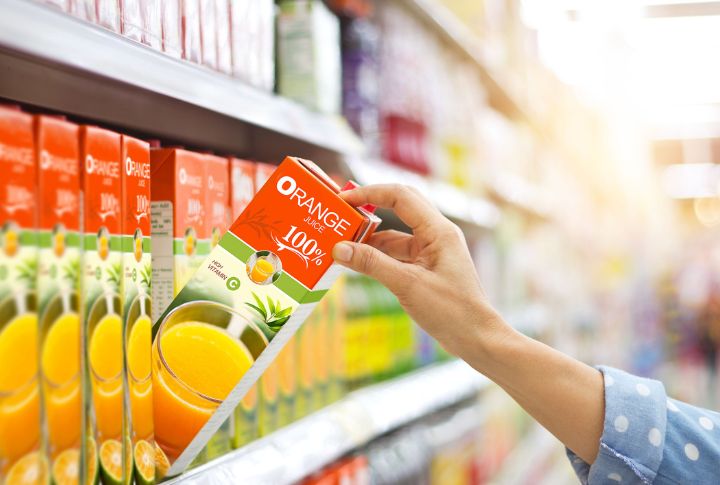
Store-bought juices and smoothies are quite costly and sugar-laden. Making your own at home from fresh ingredients is more affordable. You can control your sugar intake and add nutritional boosters. Freshly made drinks also taste better and are more nutritious.


Comments
Loading…